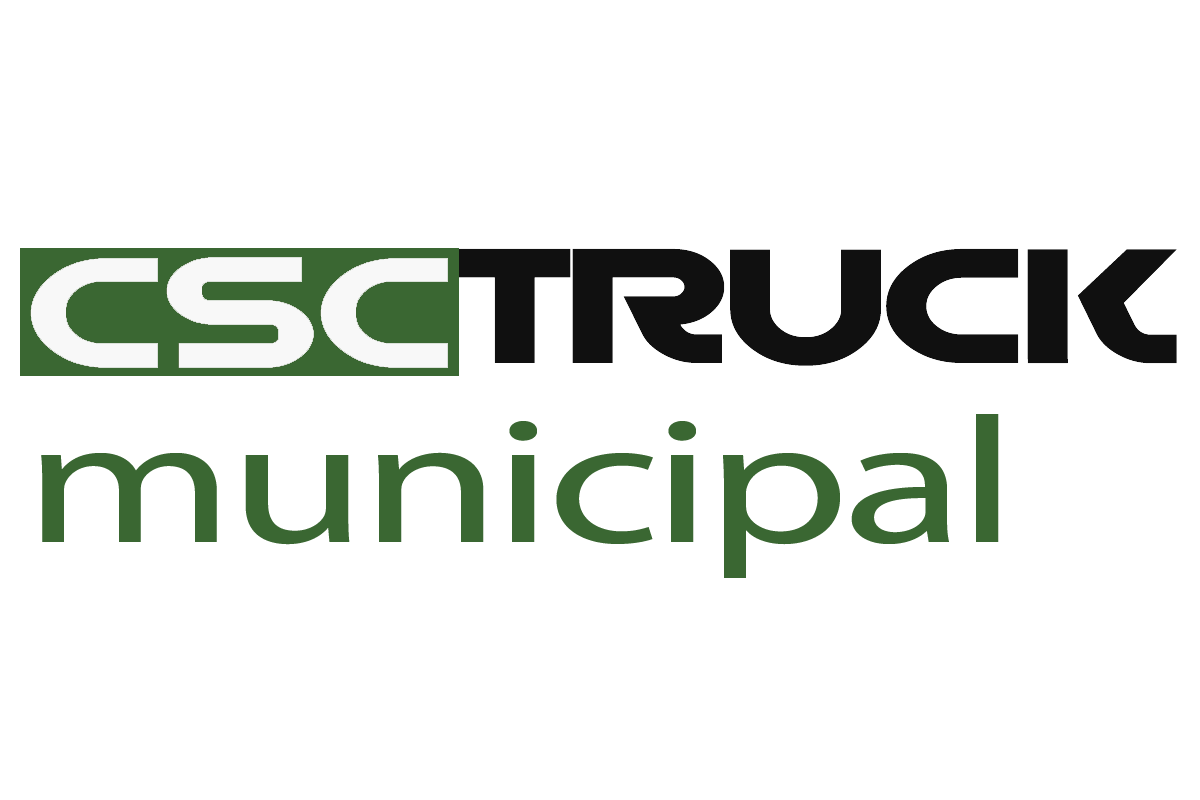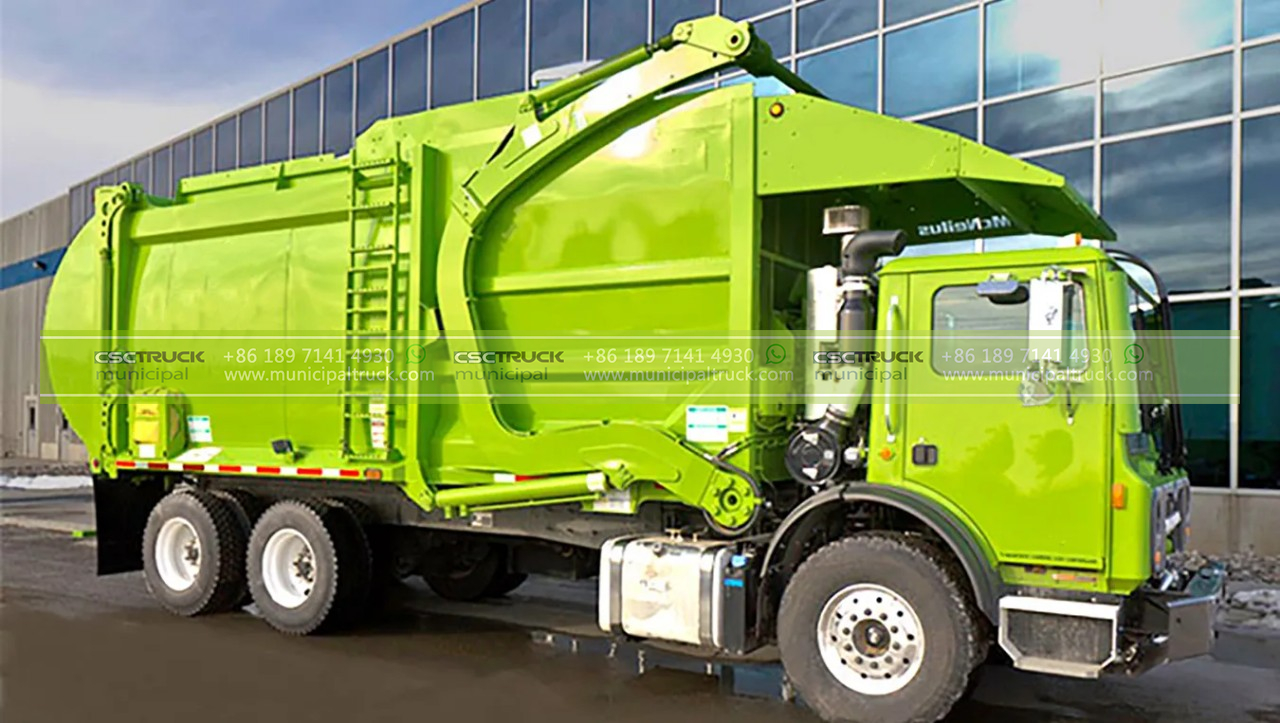Garbage truck recycling programs are an essential component of modern waste management strategies. These programs are designed to promote recycling and reduce the amount of waste sent to landfills, thereby promoting sustainability and reducing environmental impact. In this article, we will discuss the benefits of garbage truck recycling programs for communities and why they are a crucial part of any successful waste management plan.
- Reducing Landfill Usage
The first and most obvious benefit of garbage truck recycling programs is that they reduce the amount of waste sent to landfills. Landfills are not only unsightly, but they also pose a significant risk to the environment and public health. They produce methane, a potent greenhouse gas that contributes to climate change. By reducing the amount of waste sent to landfills, communities can help to mitigate these risks and promote sustainability.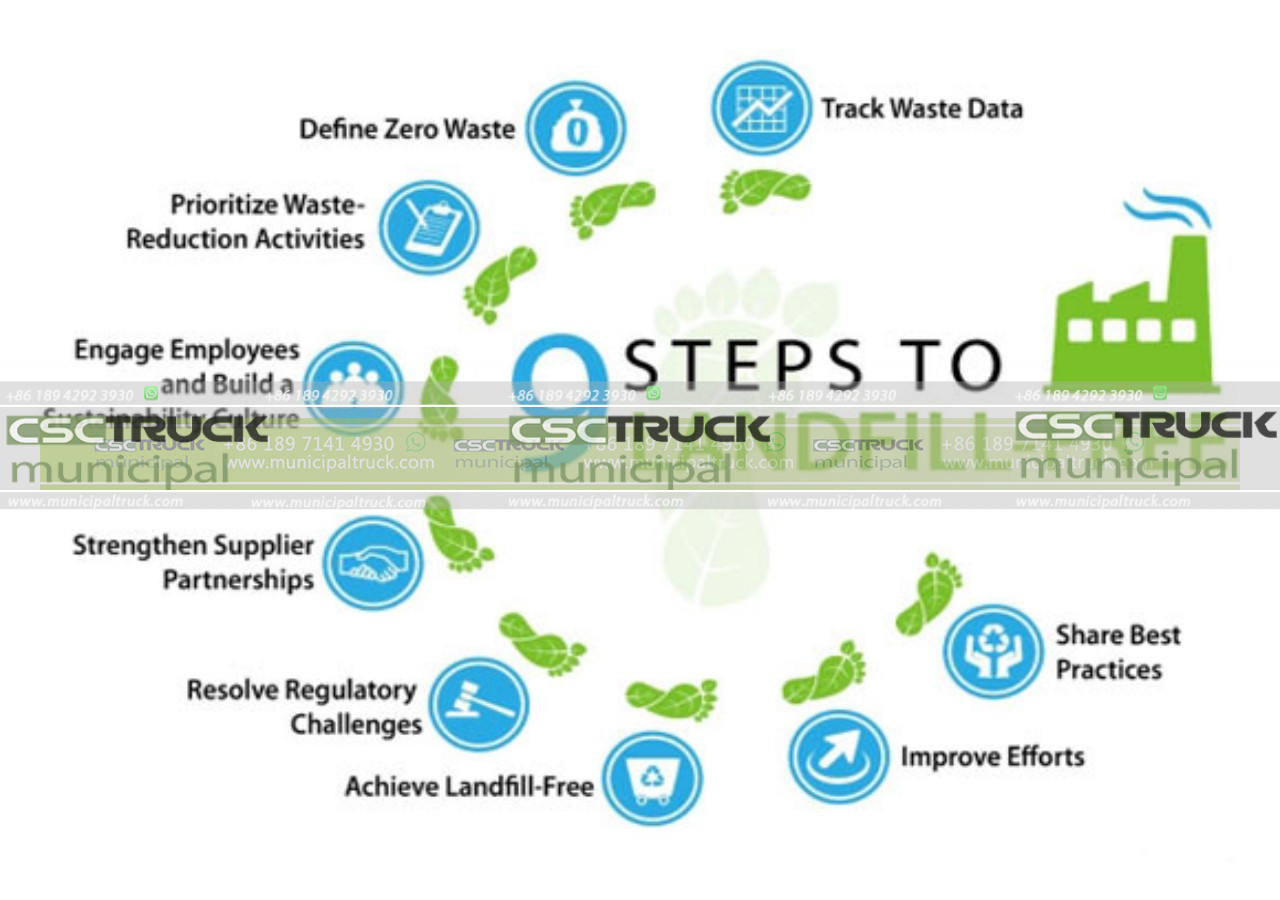
- Cost Savings
Garbage truck recycling programs can also help communities save money. When waste is recycled, it reduces the amount of waste that needs to be collected and transported to landfills. This, in turn, reduces the cost of waste management. Additionally, recycling programs can generate revenue from the sale of recycled materials, which can offset some of the costs of the program.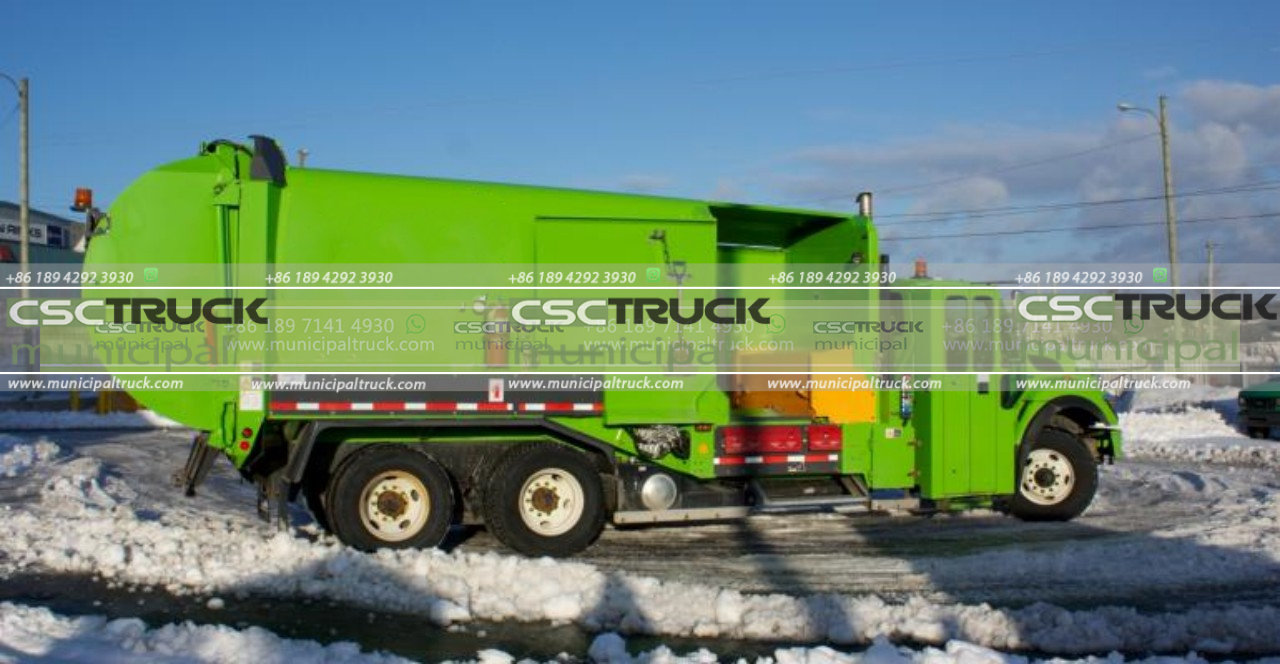
- Increasing Resource Conservation
Recycling programs also help to conserve natural resources. When waste is recycled, it reduces the need to extract new raw materials from the environment. This helps to conserve resources such as timber, water, and minerals, which are essential for the production of new products. By conserving resources, communities can promote sustainability and reduce the impact of waste on the environment.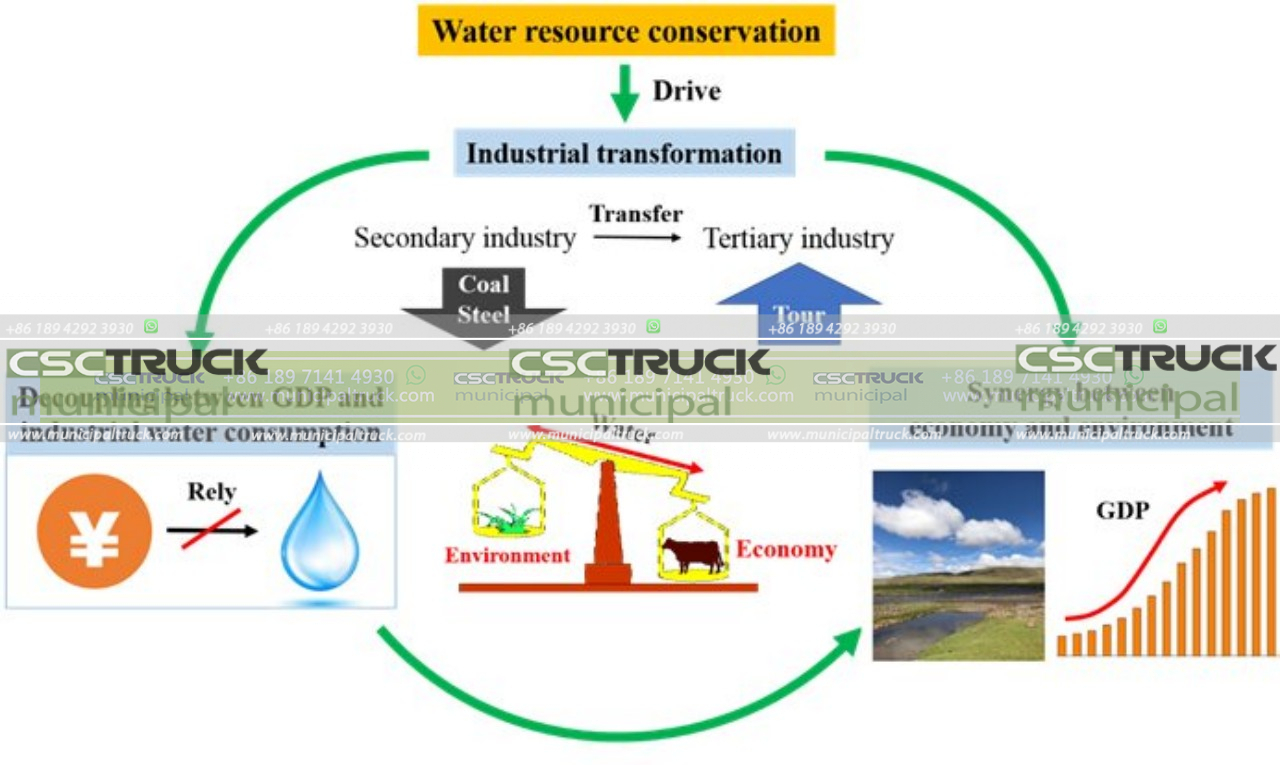
- Improving Air and Water Quality
Garbage truck recycling programs can also help to improve air and water quality. When waste is sent to landfills, it produces methane, which is a potent greenhouse gas. It also produces leachate, which can contaminate groundwater and surface water. Recycling programs help to reduce the amount of waste sent to landfills, thereby reducing the amount of methane and leachate produced. This, in turn, helps to improve air and water quality in the community.
- Job Creation
Recycling programs also create jobs. Recycling facilities require workers to sort and process materials, and the sale of recycled materials generates revenue that can be used to create additional jobs in the community. By creating jobs, recycling programs can help to stimulate economic growth and promote sustainability.
- Community Engagement
Garbage truck recycling programs also promote community engagement. When residents are encouraged to recycle, they become more aware of the impact of waste on the environment. This can lead to increased participation in community events and initiatives that promote sustainability. Recycling programs also provide opportunities for community members to volunteer and get involved in local environmental efforts.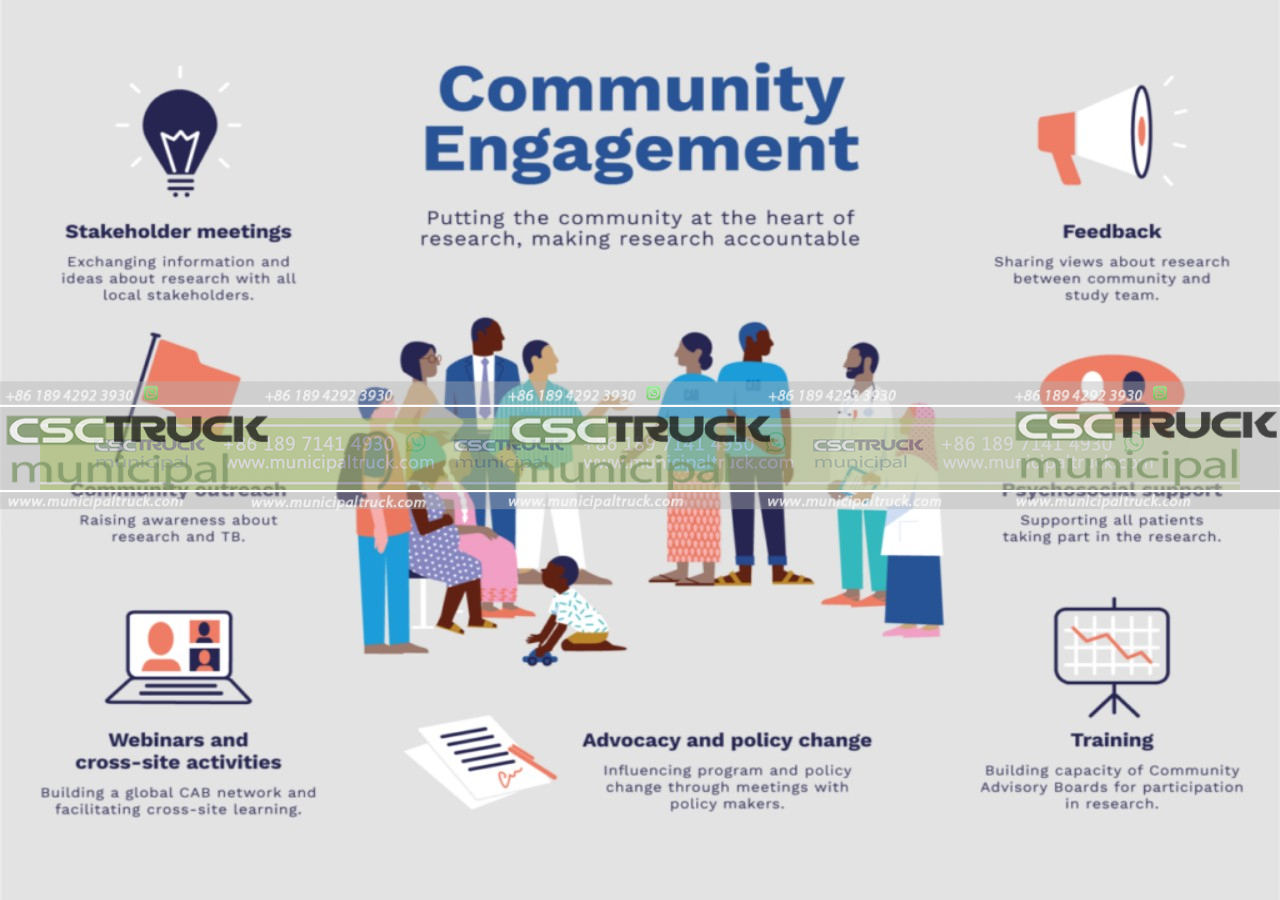
- Positive Public Image
Finally, garbage truck recycling programs can help to create a positive public image for the community. Communities that are committed to sustainability and waste reduction are often viewed as more desirable places to live and work. This can lead to increased tourism and economic development, which can benefit the community as a whole.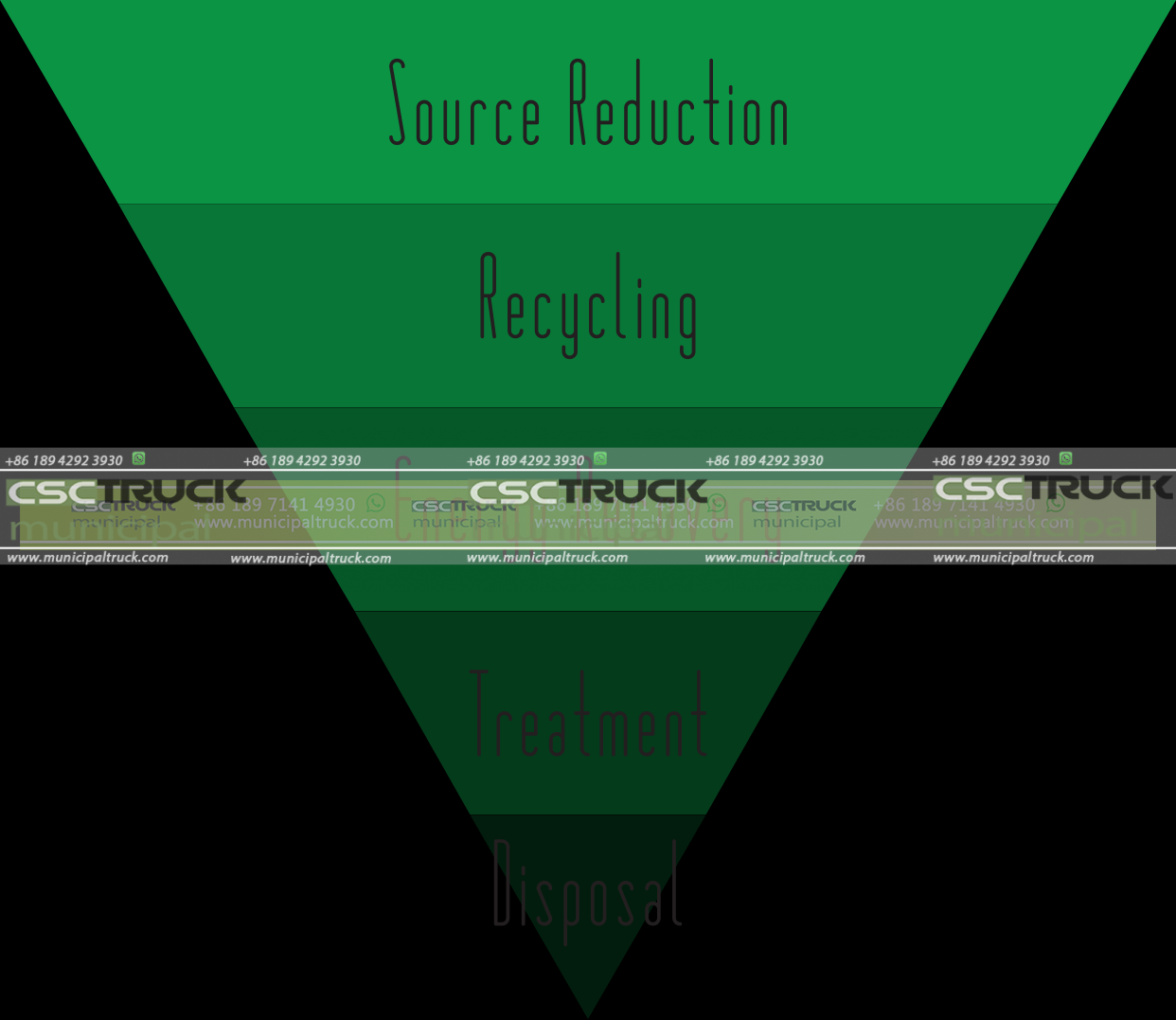
In conclusion, garbage truck recycling programs are an essential component of modern waste management strategies. They offer a range of benefits to communities, including reduced landfill usage, cost savings, increased resource conservation, improved air and water quality, job creation, community engagement, and a positive public image. By implementing recycling programs, communities can promote sustainability, reduce environmental impact, and create a better future for themselves and future generations.
To ensure the success of garbage truck recycling programs, it is important to have a comprehensive waste management plan that includes recycling, composting, and waste reduction initiatives. This plan should be tailored to the specific needs and resources of the community.
Education and outreach are also crucial components of successful recycling programs. Residents should be educated about the importance of recycling and provided with the necessary resources to participate in the program. This includes access to recycling bins, information on what materials can be recycled, and guidance on how to properly sort materials.
In addition to educating residents, it is also important to work with local businesses and industries to promote recycling and reduce waste. Many businesses generate large amounts of waste, and working with them to implement recycling and waste reduction strategies can have a significant impact on the community as a whole.
Finally, it is important to evaluate and adjust recycling programs regularly to ensure that they are meeting their goals and objectives. This may involve conducting waste audits, tracking participation rates, and assessing the environmental impact of the program.
In summary, garbage truck recycling programs offer a wide range of benefits to communities, including reduced landfill usage, cost savings, increased resource conservation, improved air and water quality, job creation, community engagement, and a positive public image. By implementing comprehensive waste management plans, educating residents and businesses, and evaluating and adjusting recycling programs, communities regularly can promote sustainability and create a better future for themselves and future generations.
Contact us for this municipal truck or similar trucks: [email protected] Call us or What's APP us: +86 189 4292 3930
